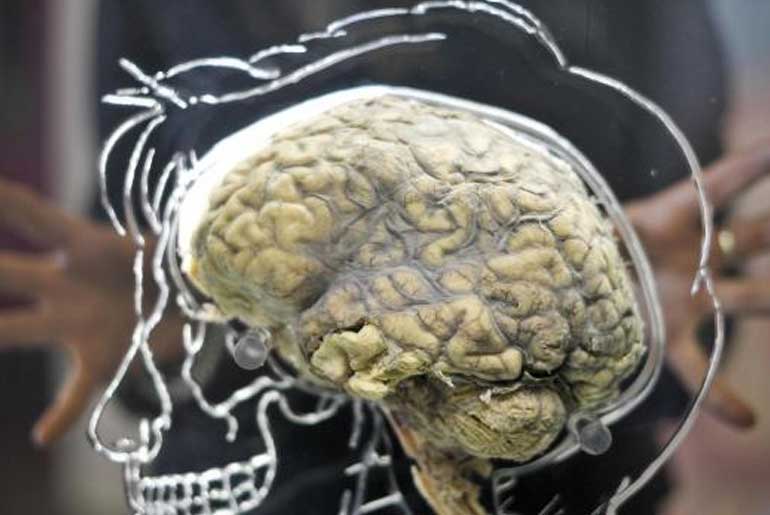A recent study conducted by researchers at UCL (University College London) reveals a direct link between a hunger hormone generated in the gut and decision-making in the brain. The study, which focused on mice and was published in Neuron, is the first to demonstrate how hunger hormones can impact the activity of the hippocampus, a crucial decision-making region of the brain, specifically when animals are contemplating food.
In the study, mice were placed in an arena with some food, and researchers observed their behavior in real-time while imaging their brains. The team discovered that while all mice investigated the food, only hungry ones proceeded to eat. The researchers honed in on the ventral hippocampus, an area associated with decision-making and memory formation.
“We all know our decisions can be deeply influenced by our hunger, as food has a different meaning depending on whether we are hungry or full,” said lead author Dr Andrew MacAskill (UCL Neuroscience, Physiology, and Pharmacology).
“We found that a part of the brain that is crucial for decision-making is surprisingly sensitive to the levels of hunger hormones produced in our gut, which we believe is helping our brains to contextualise our eating choices.”
The findings showed that the activity in a subset of brain cells in the ventral hippocampus increased when animals approached food, inhibiting them from eating. However, when the mice were hungry, neural activity decreased in this area, allowing them to eat. This reduction in activity correlated with elevated levels of the hunger hormone ghrelin in the bloodstream.
Further experimentation by the UCL researchers demonstrated the ability to manipulate mice’s behavior to act as if they were full by activating ventral hippocampal neurons. This led the animals to stop eating, even in a hungry state. The same result was achieved by removing the receptors for the hunger hormone ghrelin from these neurons.
Dr MacAskill attached: “It appears that the hippocampus puts the brakes on an animal’s instinct to eat when it encounters food, to ensure that the animal does not overeat – but if the animal is indeed hungry, hormones will direct the brain to switch off the brakes, so the animal goes ahead and begins eating.”
While previous studies had identified ghrelin receptors in the hippocampus, this research provides a clearer understanding of their function, showing that the hunger hormone can cross the blood-brain barrier and directly influence brain activity.
The researchers are extending their investigations to explore whether hunger impacts learning or memory, examining if mice perform non-food-specific tasks differently based on their hunger levels. This research could potentially contribute to understanding the mechanisms behind eating disorders and uncovering links between diet and various health outcomes, including mental illnesses. The team is also considering whether similar mechanisms might be at play for stress or thirst.
First author Dr Ryan Wee stated: “Being able to make decisions based on how hungry we are is very important. If this goes wrong, it can lead to serious health problems. We hope that by improving our understanding of how this works in the brain, we might be able to aid in the prevention and treatment of eating disorders.”
Disclaimer:
The information contained in this article is for educational and informational purposes only and is not intended as a health advice. We would ask you to consult a qualified professional or medical expert to gain additional knowledge before you choose to consume any product or perform any exercise.






